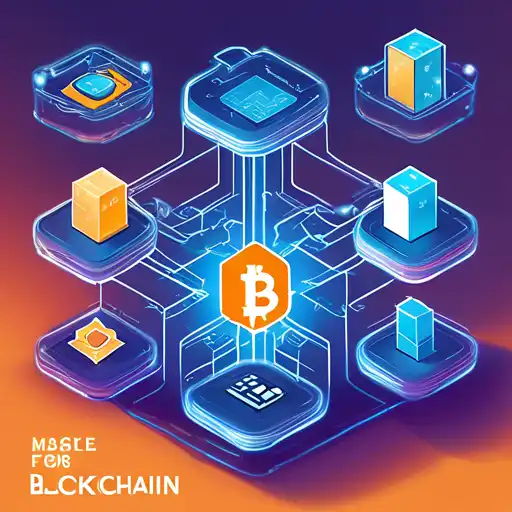What is Blockchain?
Blockchain technology is a revolutionary digital ledger system that allows data to be stored globally on thousands of servers. It enables the creation of a decentralized and transparent environment where transactions are recorded and verified by a network of computers. This ensures security and integrity without the need for a central authority.
How Does Blockchain Work?
At its core, blockchain is a chain of blocks, where each block contains a number of transactions. Every time a new transaction occurs, it is recorded into a block. Once the block is filled with transactions, it is added to the chain in a linear, chronological order. This process is secured through cryptography, making it nearly impossible to alter past transactions.
Key Features of Blockchain
- Decentralization: Unlike traditional ledgers, blockchain does not rely on a central point of control.
- Transparency: All transactions are visible to anyone within the network, ensuring trust among users.
- Immutability: Once a transaction is recorded, it cannot be altered or deleted.
- Security: Advanced cryptography ensures that data is secure from hacking and fraud.
Benefits of Blockchain Technology
Blockchain offers numerous advantages across various sectors, including finance, healthcare, and supply chain management. Its ability to provide secure, transparent, and efficient transactions makes it a valuable technology for the future.
Applications of Blockchain
From cryptocurrencies like Bitcoin to smart contracts and beyond, blockchain's applications are vast and varied. It's paving the way for innovations in secure voting systems, real estate transactions, and even in protecting intellectual property rights.
Getting Started with Blockchain
For beginners interested in blockchain, starting with the basics of cryptocurrency is a great step. Understanding how transactions work and the importance of digital wallets can provide a solid foundation. Additionally, exploring blockchain platforms and development tools can offer hands-on experience.
Challenges and Considerations
While blockchain technology holds immense potential, it's not without its challenges. Issues such as scalability, energy consumption, and regulatory hurdles are areas that need addressing as the technology evolves.
Conclusion
Blockchain technology is more than just the backbone of cryptocurrencies. It's a transformative technology that's set to revolutionize how we conduct transactions and manage data across industries. By understanding its fundamentals, beginners can position themselves at the forefront of this digital revolution.
